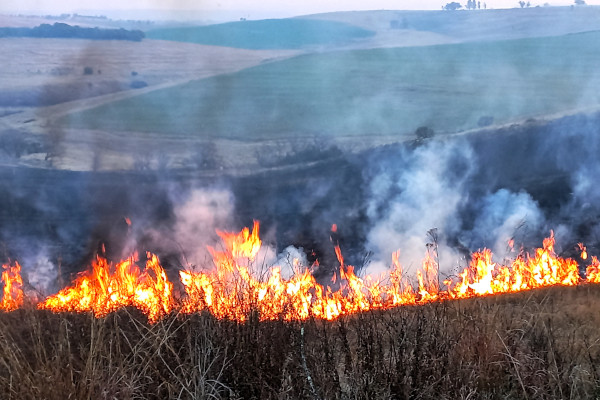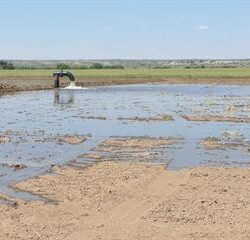By Ashely McGregor, United States Correspondent
California, The recent devastating wildfires in Los Angeles, leaving thousands homeless, have brought the concept of “home” into sharp focus. For many, the loss of their homes represents not just the destruction of physical structures, but also the erasure of cherished memories and a profound sense of displacement.
This experience prompts us to ask: What does it truly mean to call somewhere “home”?
Philosophers have long grappled with this question, offering insights that extend beyond the traditional notion of a dwelling. Simone de Beauvoir, in her seminal work The Second Sex, describes the home as a cultural construct, often associated with patriarchal values and capitalist structures. For many, it represents a refuge, a place of safety and belonging. However, de Beauvoir argues that this understanding of “home” is deeply intertwined with concepts of property ownership and social inequality.
For those experiencing homelessness, or facing displacement due to factors like poverty or domestic violence, the concept of a stable and secure home remains elusive. As Australian philosopher Val Plumwood points out, the notion of “homeplace” often reflects a privileged perspective, excluding those who lack the power and resources to claim a sense of belonging to a particular location.
Furthermore, Plumwood argues that our understanding of “home” must extend beyond the boundaries of individual dwellings to encompass the broader ecological context. Our connection to the land, the air we breathe, and the water we drink are integral to our well-being and our very existence.
This broader perspective on “home” becomes even more critical in the face of the climate crisis. As climate change intensifies, extreme weather events like wildfires, floods, and droughts are increasingly displacing communities and disrupting livelihoods.
“The concept of ‘home’ is deeply intertwined with the land,” says Talia Fell, a PhD Candidate at the University of Queensland. “For many Indigenous communities, the land is not just a place to live, but a source of cultural and spiritual identity. Climate change is not just destroying homes, it’s eroding these deeper connections to place.”
Codie Condos Distratis, also a PhD Candidate at the University of Queensland, emphasizes the impact of climate change on agricultural systems. “For farmers, the land is their livelihood,” she explains. “Droughts, floods, and unpredictable weather patterns are not only destroying crops and livelihoods but also eroding the cultural and social fabric of rural communities.”
These disruptions are forcing us to rethink our relationship with the land and redefine what it means to call somewhere “home.” As Irene Watson, an Indigenous Australian law scholar, argues, the colonial legacy has alienated many from the land, leading to its exploitation and degradation.
“The concept of ‘home’ for many colonists was inherently linked to the dispossession of Indigenous peoples,” says Condos Distratis. “This historical context continues to shape our relationship with the environment today.”
The philosopher Teresa Brennan argues that the commodification of nature, driven by capitalist systems, has led to a profound disconnect between humans and the natural world. By treating nature as a mere resource to be exploited, we deny its inherent value and its capacity to sustain life.
The loss of homes due to climate change serves as a stark reminder of our interconnectedness with the natural world. It compels us to re-evaluate our values, to acknowledge the intrinsic value of nature, and to strive for a more sustainable and equitable relationship with the planet.
As Fell concludes, “Redefining ‘home’ in the face of climate change requires us to move beyond the confines of individual dwellings and embrace a broader understanding of our interconnectedness with the natural world. It demands a shift towards a more sustainable and just society, one that prioritizes the well-being of both people and planet.”




